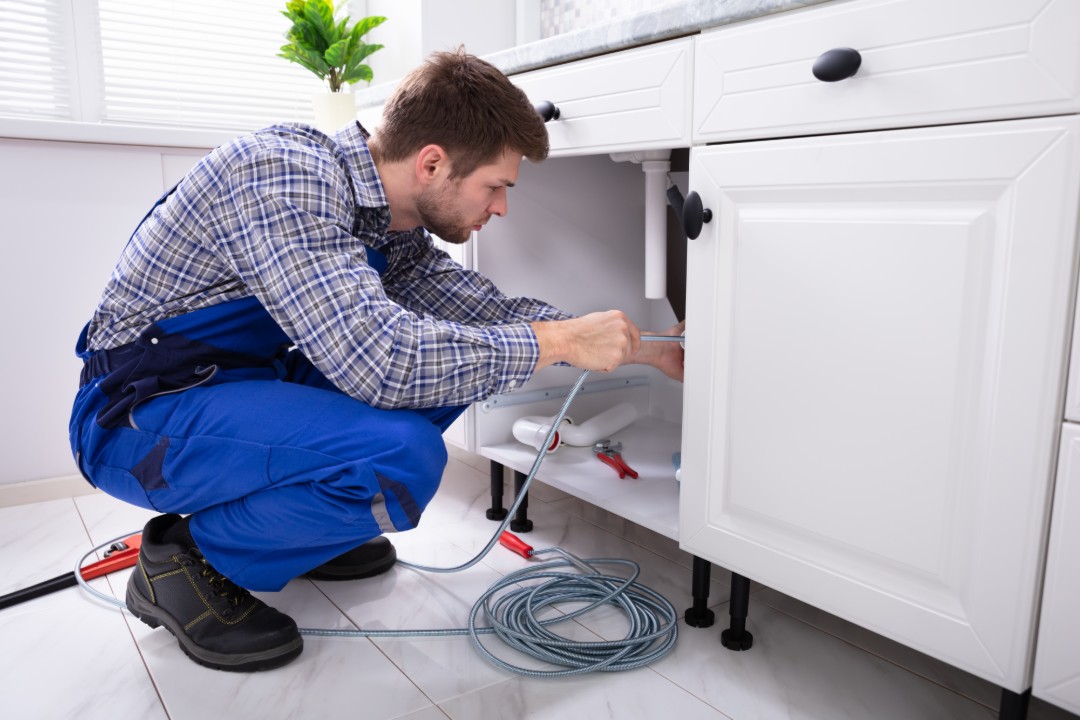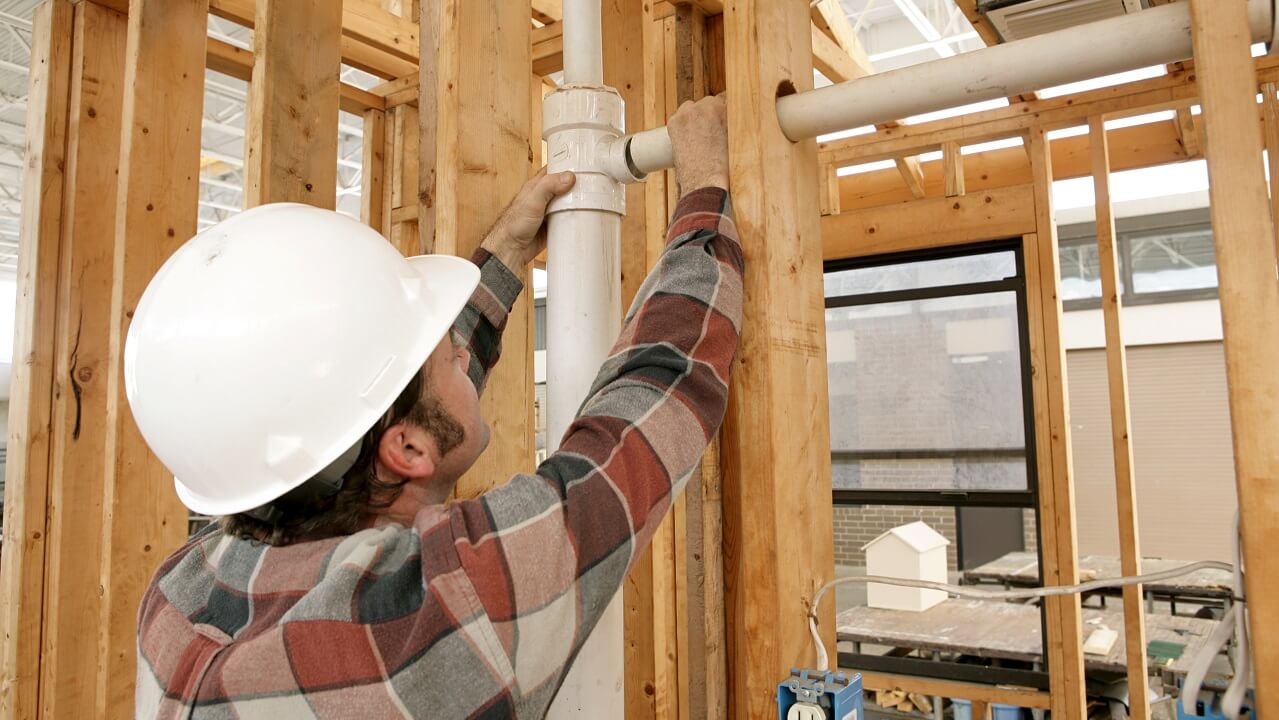Just how to Take Care Of a Leaking Hot Water Heater and a Faulty Radiator
Taking care of a leaky water heater or malfunctioning radiator can be a real headache, however do not worry - you've involved the appropriate place. Whether you're a skilled DIYer or a newbie property owner, comprehending the steps to appropriately diagnose and repair these typical household concerns can conserve you time, cash, and a great deal of aggravation. In this guide, we'll walk you through the process, from recognizing the root of the problem to applying long-lasting services. However prior to we discover, there's one important point you require to recognize that might make all the distinction.
Secret Takeaways
- Shut down the water and power to the dripping hot water heater, after that drain the storage tank totally before examining for damaged components like valves or splits.
- Replace straightforward elements like temperature level and stress safety valve, however a split tank requires complete system replacement by a specialist.
- Hemorrhage the radiator to launch trapped air for even heating, and flush the heating system to remove debris buildup.
- Change defective radiator shutoffs, especially malfunctioning thermostats, to make sure proper blood circulation and also heating.
- Regular upkeep, including changing air filters and inspecting for wear or damages, expands the life expectancy of home furnace and prevents failures.
Recognizing a Dripping Hot Water Heater
Commonly, a dripping water heater is easy to recognize. You'll commonly see water pooling around the base of the tank or dripping from the pressure safety valve. One of the most common leakage reasons are a faulty temperature level and pressure (T&P) safety valve, cracks in the container, or used seals around the storage tank connections.
To stop a leaky hot water heater, normal upkeep is essential. find a plumber near me Every couple of months, you must inspect the T&P shutoff by lifting the bar to validate it's functioning correctly. Flush the storage tank annually to get rid of sediment build-up, which can result in corrosion. Additionally, be mindful of the water heater's age - the majority of have a life-span of 8-12 years. As they get older, the risk of leakages increases.
If you do find a leakage, act rapidly. Shut off the water system and power to the heating system, then call a specialist plumbing professional. Attempting to fix a dripping tank yourself can be unsafe and may lead to additional damage.
With proactive maintenance and prompt attention to leaks, you can keep your water heater running efficiently for years to come.
Fixing a Leaking Hot Water Heater
Repairing a leaking water heater generally involves either changing the malfunctioning component or, in some cases, the whole unit.
Start by turning off the power and water system to the heating unit, then drain pipes the tank completely. This is an important safety precaution to stop hot.
Next, examine the storage tank for the resource of the leak. Maybe a damaged shutoff, a damaged dip tube, or a crack in the storage tank itself. If it's a basic shutoff or dip tube problem, you can replace these components separately. However, if the tank is fractured, you'll need to change the whole hot water heater.
When you've identified the problem, shut off the gas or power, then very carefully eliminate the old part or device. Make sure to follow the producer's guidelines for installation of the new component or heating unit.
Turn the water and power back on, and check for any type of remaining leaks. With the right devices and a little care, you can typically fix a leaking water heater yourself.
Identifying a Faulty Radiator
Along with attending to a dripping water heater, you'll need to diagnose any kind of concerns with your home's radiator system. Radiators play an essential duty in supplying heat, so it is very important to identify and repair any problems without delay.
Begin by understanding the different radiator key ins your home, which can consist of warm water, steam, or electric models. Evaluate the radiator for indications of leaks, blockages, or damage, as these can influence its home heating performance. Check the valves and validate they're operating appropriately by turning them on and off.
If the radiator isn't heating up equally, there might be an issue with the flow of hot water or steam. Hemorrhage the radiator to release any trapped air, which can avoid appropriate warm distribution.
You may additionally require to flush the system to eliminate any type of sediment build-up. If the trouble continues, consult a specialist to detect and attend to the hidden concern with your home's heater.
Taking Care Of a Faulty Radiator
If your radiator is malfunctioning, you'll normally need to hemorrhage the radiator, flush the system, or change malfunctioning valves to recover correct functioning.
Bleeding the radiator is a straightforward procedure that eliminates any type of trapped air, allowing the system to circulate effectively. Simply situate the hemorrhage valve at the top of the radiator, put a dustcloth beneath, and transform the valve counterclockwise until water begins to drain. Close the shutoff when the flow is constant and air-free.
Next, you might require to flush the whole heating unit to get rid of any accumulation of debris or rust. This can be done by connecting a garden hose pipe to the radiator drain shutoff and flushing with tidy water till it runs clear.
Ultimately, replace any kind of malfunctioning shutoffs, such as the thermostat, which manages the flow of warm water with the radiator. A malfunctioning thermostat can cause irregular heating or protect against the radiator from heating up entirely.
Preserving Home Home Heating Systems
Keeping a home's heater is essential for ensuring suitable performance and power efficiency throughout the year. Routinely servicing furnaces, boilers, and other home heating elements can expand their lifespan, prevent pricey breakdowns, and maintain your home comfortable.
Preventive maintenance is the vital to keeping your home heater in prime shape. This includes replacing air filters, examining and readjusting thermostat setups, and inspecting for any type of signs of wear or damage. Proactively dealing with issues can aid you stay clear of sudden breakdowns and the need for emergency repair work.
Additionally, appropriate maintenance can boost your system's energy efficiency, assisting you save on utility costs. By ensuring optimal air flow, decreasing power losses, and maintaining peak performance, you'll be able to warm your home better while taking in less energy.
Don't neglect your home heating unit - make it a concern to keep it well-maintained. With a little initiative, you can take pleasure in reliable, energy-efficient home heating all period long.
Regularly Asked Concerns
How Frequently Should I Replace the Anode Pole in My Water Heater?
You should change the anode rod in your water heater every 3-5 years to preserve its performance and prolong the heater's lifespan.
Routine anode rod maintenance is crucial as it helps stop deterioration, which can result in leaks and various other issues.
Can I Make Use Of Routine Household Equipment to Repair a Leaky Radiator?
You can definitely utilize routine house tools to repair a leaky radiator. Radiator maintenance is fairly achievable with standard devices like a wrench, pliers, and a cloth.
Start by determining the source of the leakage - it might be a damaged valve or a crack in the radiator. As soon as you have actually determined the concern, you can utilize your household tools to tighten up connections or spot any type of openings.
With a little DIY initiative, you can get that radiator back in functioning order.
What Are the Signs of a Failing Hot Water Heater Thermostat?
You'll discover signs of a stopping working hot water heater thermostat when you experience temperature variations - the water may instantly obtain as well warm or also cold.
The thermostat might likewise cycle on and off a lot more regularly, showing it's not appropriately regulating the temperature level.
Furthermore, you might see the pilot burner flickering or listen to unusual sounds coming from the water heater.

These are all indications the thermostat needs to be changed.
Just How Can I Avoid My Radiators From Making Loud Sounds?

To prevent your radiators from making loud sounds, routine radiator upkeep is crucial.

First, bleed your radiators to launch any kind of trapped air that can trigger banging and clanging.
Second, utilize a radiator secret to inspect the valves and confirm they're working appropriately.
Lastly, take into consideration shielding your radiator pipelines to reduce noise and improve efficiency.
Should I Employ a Specialist to Maintain My Home Heater?
Considering home maintenance and home heating performance, it's usually a great concept to work with an expert to preserve your home heating system.
They have the expertise to correctly evaluate, identify, and fix any type of problems with your system, ensuring it runs safely and efficiently.
While you might attempt do it yourself repairs, a pro can provide satisfaction and prevent even more expensive issues down the line.
It deserves the financial investment for the lasting health of your home's heating.
Conclusion
To maintain your home comfortable and energy-efficient, consistently preserve your hot water heater and radiator.
If you discover a leakage or damaged operation, don't postpone - shut down the power and water, then evaluate and repair the parts.
With some basic troubleshooting and do it yourself repairs, you can get these important systems back in top form and prevent even more costly issues down the line.
